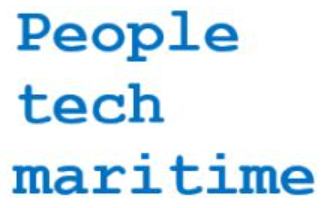Supercleverpeople look after their own interests, and don’t mind making life harder for nonsuperclever people.
Clever people have:
Built legal and immigration systems where you win or succeed if you understand clever rules or can afford to pay someone who does
Built employment systems which end up paying salaries to supercleverpeople and leave the rest to fend for themselves
Built technology that many people struggle with (ever struggled to set up your phone, broadband or work your office computer?) – and seen nothing wrong with ever more difficult password requirements
Created marketing and marketing vehicles which exploit mental weaknesses like inability to resist urges, chasing short term hits, anxiety and need to feel recognised (even if in a fake way)
Built financial systems which aim to make it clear who is nonsuperclever with a ‘credit score’ and then leave this people unable to get a sensible loan when they actually need it although they are far more financially vulnerable than the supercleverpeople.
Why do nonsupercleverpeople put up with this?
Part of the reason is perhaps the taboo of identifying oneself as nonsuperclever. There isn’t even a word for it. The opposite of clever is ‘stupid’ which is highly deragatory and hardly appropriate to be applied to let’s say 95 per cent of the population.
There’s a fallacy that anyone can become superclever through hard work – I guess it suits the supercleverpeople to perpetuate this myth – and it suits plenty of nonsupercleverpeople to perpetuate the myth too, if it motivates children to work hard. it can’t be true though.
Perhaps the supercleverpeople also exploit the fact that no-one is ever going to say “listen I can’t fill in this form I’m not clever enough”. So (for example) we end up with systems which are basically to keep the nonsupercleverpeople away, such as – it sounds like – the 85 page form for getting residency in the UK.
Perhaps we should look at the Donald Trump and Brexit elections as – to some extent -a fight back of the nonsuperclever. Perhaps supercleverpeople should even take this as a signal of worse to come unless the nonsupercleverpeople’s lives get made a little easier.
How should we fix it?
Well nearly all of the problems can actually be solved by superclever software which supercleverpeople can make.
We can build clever software which enables nonsupercleverpeople to learn skills which are useful in real jobs. Software which simulates real life, not just shares facts and does ‘testing’. So people can learn from experience.
We can make the regulatory and immigration systems much simpler, which takes a lot more effort. Where there is a genuine need for complexity the software can help manage it. We can do the same with our websites, broadband services and mobile phone support.
We can develop tools which make it easier to manage finances. If people have a track record of problems, rather than give them ‘bad credit scores’ banks could build systems with varying degrees of nannying, for example to only authorise use of a debit card for a purchase which the person can actually afford, taking into consideration upcoming standing orders for essential things (rent / mortgage / groceries).
[I write this by the way self identifying as a ‘supercleverperson’ based on coming top in maths in the first year of comprehensive school in my non streamed class. Perhaps I would never write this if I wasn’t].

Leave a Reply
You must be logged in to post a comment.